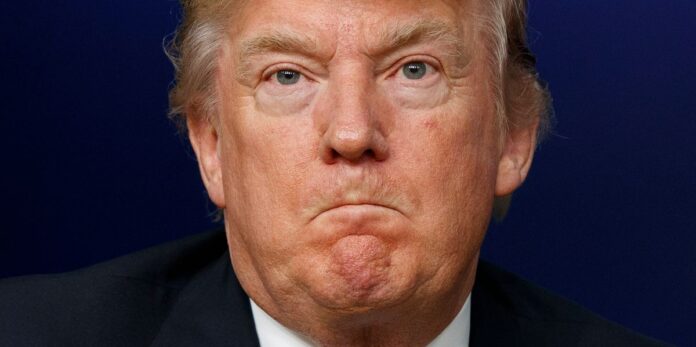Key Falsehoods or Claims: The article discusses the spread of conspiracy theories and lies among Meta users, particularly in relation to the sudden surge in followers on the accounts of former President Donald Trump and JD Vance, a Republican Senate candidate in Ohio. These accounts have seen a significant increase in followers, leading to speculation and conspiracy theories about potential manipulation of the platform’s algorithms.
Source Assessment: The article is from SFist, a news outlet covering San Francisco and the Bay Area. While SFist aims to provide local news, it may have a slight liberal bias. Therefore, readers should consider cross-referencing the information provided with other sources to gain a more comprehensive understanding of the issue.
Analysis of Impact: The spread of conspiracy theories and lies on social media platforms, such as the sudden increase in followers for Trump and Vance, can shape public opinion by influencing what information is amplified and reaching a wider audience. This can potentially lead to the normalization of false claims, increasing polarization and distrust in the media and democratic institutions. The article highlights the potential threat to democracy posed by the amplification of falsehoods and conspiracy theories, as they can undermine the public’s ability to make informed decisions and contribute to a more divided society.
Potential Reactions and Outcomes: The sudden surge in followers for Trump and Vance could lead to increased support for their political endeavors, as it potentially creates the perception of widespread popularity. This could influence voter behavior and public opinion, especially among those who are exposed to these accounts and their messaging. Additionally, the normalization of conspiracy theories and lies on social media can contribute to a broader erosion of trust in democratic processes and institutions.
Further Reading Recommendations: For further reading on the impact of misinformation on public opinion and democracy, reputable sources such as studies from the Pew Research Center, the Harvard Kennedy School’s Shorenstein Center on Media, Politics and Public Policy, and analysis from fact-checking organizations like Snopes and FactCheck.org can provide valuable insights into media influence and misinformation studies.
By maintaining a neutral tone and separating facts from analysis, readers can gain a clearer understanding of the potential impacts of lies and conspiracy theories spread by political figures and the media.
Source link
Redirect URL
